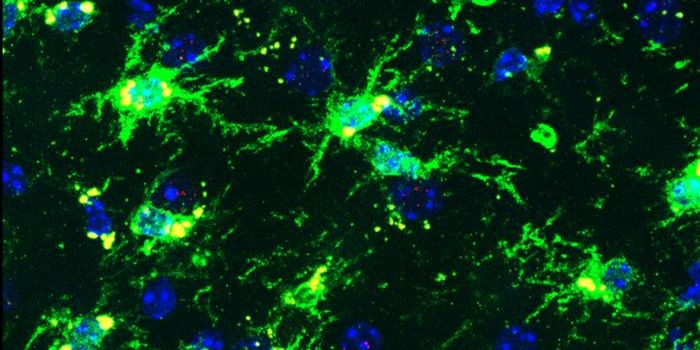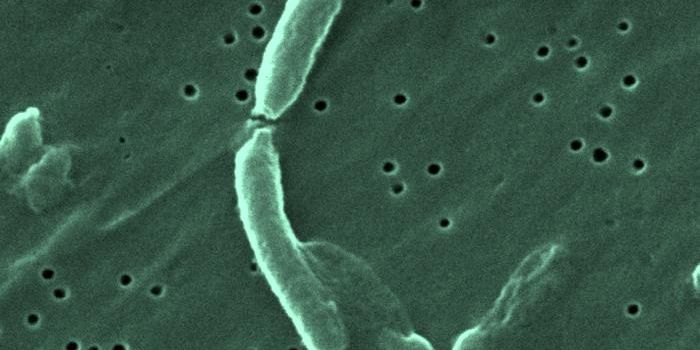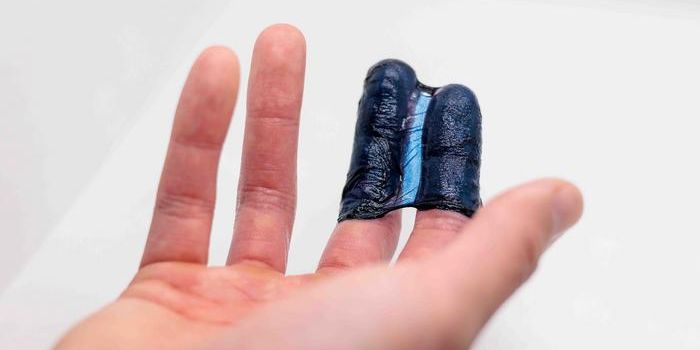Deciphering the Genetic Influences of Cerebral Palsy
Once thought of as a condition caused solely by external factors like injuries, infections, or oxygen deprivation before or during birth, scientists have now identified some genetic factors that are related to the development of cerebral palsy (CP). This research has suggested that at least one in ten CP patients, or 11.3 percent, carries a genetic variant that is linked to the disorder. An additional 17.7 percent of CP patents carry variants that could relate to this or other neurodevelopment disorders, like autism spectrum disorder (ASD). The findings have been reported in Nature Genetics.
Cerebral palsy (CP) is a term that refers to a group of disorders that interfere with movement, posture, and balance. CP is the most common physical disability that affects children, and is typically caused by disruptions in brain development. Symptoms vary from one case to another, and some individuals with CP cannot walk while others don't need special assistance to move around. CP patients have a much higher burden of other neurological and mental disorders compared to the general population; ASD is also common in CP patients, for example.
"For one hundred years cerebral palsy was mostly thought to be the result of entirely environmental factors during birth," said corresponding study author Dr. Stephen Scherer, Chief of Research and Senior Scientist at SickKids, among other appointments. Now that genetic variants have been found which may contribute to CP, novel diagnostic assays and treatment approaches might be developed.
In this study, the researchers obtained samples from 327 CP patients, their parents, and several other groups of unaffected controls, and performed whole-genome sequencing to look for genetic variants related to CP.
This study identified some genes that may be relevant to the develpment of CP, such as BCL11A, CYP51A1, KDM5B, and SMOC1. The work also suggested that the COL4A1 gene is related to CP pathology.
The study authors noted that this work has also indicated that the causes of CP may be far more diverse that we have appreciated, and patients may benefit from more tailored approaches to individual cases.
"Our findings are a step forward in better understanding the complex genetic and environmental risk factors that may determine an individual's chance of developing this complex condition to help individualize future treatment approaches," said study co-author Dr. Maryam Oskoui, a Senior Clinician Scientist of the Fonds de Recherche du Québec Santé at McGill University Health Centre, among other appointments.









